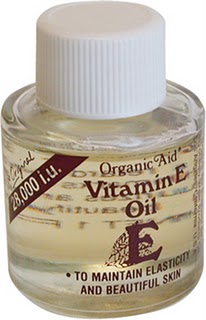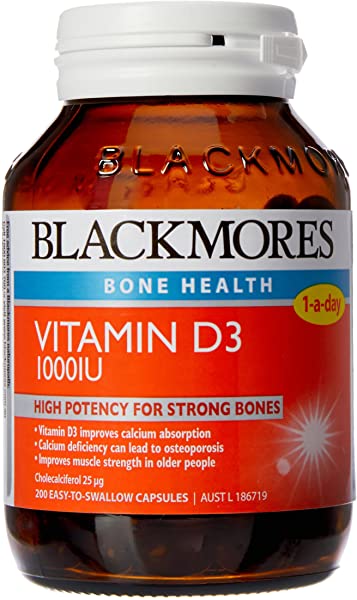

Their analysis, published in the Lancet Diabetes & Endocrinology in January, showed that vitamin D did not reduce the risk of acute respiratory tract infection but may have slightly reduced the duration of symptoms. Acute respiratory tract infection has also been among the outcomes measured in the study, and with the COVID pandemic raging, Neale and her colleagues decided to examine those data early. It has compared monthly high doses of the vitamin (60,000 international units) with a placebo and has looked at a wide range of outcomes, including heart disease, cancer, bone fractures and overall mortality.
#Malk with vitamin r trial#
In Brisbane, Australia, cancer researcher Rachel Neale of the QIMR Berghofer Medical Research Institute has been leading the massive D-Health Trial, a randomized controlled trial of five years of vitamin D supplementation in 21,315 older adults. Fortunately, several large, potentially relevant studies of vitamin D were already underway when the pandemic struck, and others were swiftly begun. Taken together, such data points are far from conclusive, but they served as a spur to investigate further. In addition, studies have shown that countries farther away from the equator-where levels of the vitamin tend to be lower because of less sunlight-have higher COVID death rates than those closer to the equator. Both groups face a higher risk of poor outcomes from COVID-19, although the reasons for their vulnerability are multifaceted. People older than age 65 and people of color are more likely to have lower levels of vitamin D. Martineau’s team confirmed its earlier finding but determined that the impact of the supplements appears to be quite small.Įpidemiological data emerging early in the pandemic also suggested that the vitamin might be useful. That meta-analysis, led by Adrian Martineau of Queen Mary University of London, was updated this year with data from a total of 46 trials and 75,500 participants. A 2017 meta-analysis of 25 randomized controlled trials involving about 11,000 people concluded that giving daily or weekly vitamin D supplements reduced the risk of acute respiratory infections-with the strongest impact predictably falling on those who started off with a serious deficiency of the vitamin. Researchers already knew that vitamin D can be helpful in staving off respiratory infections.

Investigating whether the vitamin could make a difference in COVID patients “was an important question to ask,” he says.

“Vitamin D is cheap, easily available and relatively safe,” says genetic epidemiologist Fotios Drenos of Brunel University London.

The nutrient, which is obtained from food and exposure to sunlight, is known to contribute to a well-functioning immune system in a variety of ways, including defending the body from invading viruses and other pathogens. Rare delta 8 carts review.From the early days of the COVID-19 pandemic, researchers examining the question of why some people were better protected from the infection than others began to look at a possible role for vitamin D.


 0 kommentar(er)
0 kommentar(er)
